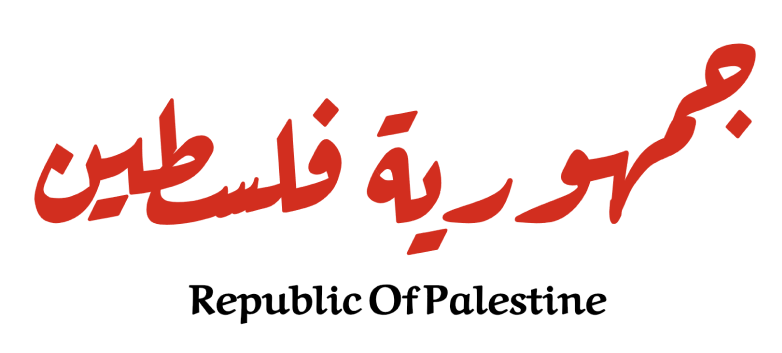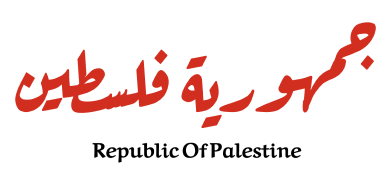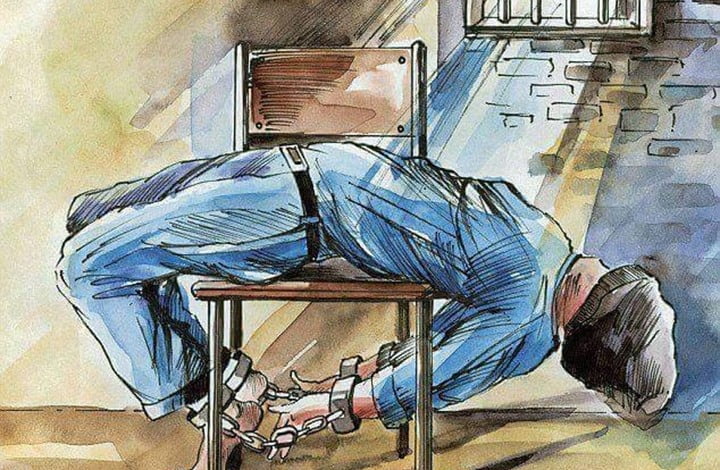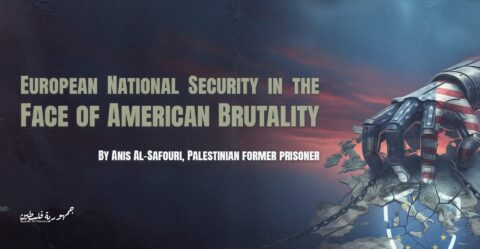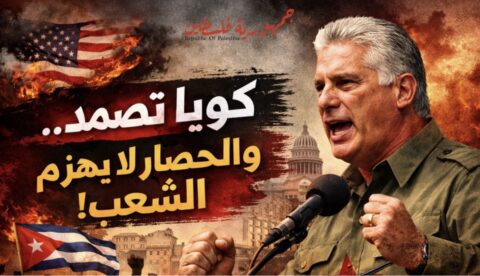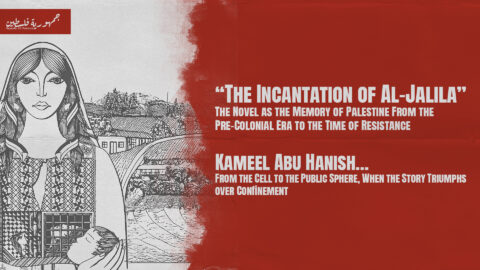The torture practiced by the Israeli occupation authorities against Palestinian prisoners is one of the most severe violations of international humanitarian law and human rights. Since the occupation of Palestine, the occupation authorities have adopted a systematic policy of oppression targeting Palestinian prisoners through brutal physical and psychological torture methods, exceeding the limits of cruel treatment to the level of crimes against humanity. These violations escalated unprecedentedly after October 7, 2023, as the occupation authorities exploited the event to intensify arbitrary arrests and subject prisoners to the most extreme forms of torture, leading to the martyrdom of several detainees due to torture and deliberate medical neglect. Cases of rape and sexual violence against prisoners have also been documented.
Torture in the Context of Genocide
Israeli prisons and detention centers are part of a repressive system aimed at breaking the will of Palestinian prisoners through systematic torture and deprivation of basic rights. These practices intensified after October 7, 2023, as the occupation used this date to escalate its repressive policies and implement its genocidal plan, resulting in an unprecedented rise in the number of martyrs inside prisons. Human rights reports indicate that Israel operates more than 30 prisons and detention centers, in addition to internment camps established during the war on Gaza, including an underground prison in Ramla.
Torture begins from the moment of arrest, as prisoners are subjected to severe beatings and intimidation before being transferred to interrogation centers and detention camps, where they undergo harsh interrogations involving physical and psychological torture without legal restrictions or judicial oversight. Human rights organizations have documented the occupation’s use of multiple torture methods, including electric shocks, waterboarding, sleep deprivation, continuous beatings, prolonged suspension, and hand and leg restraints. Cases of sexual violence, including rape, against both male and female prisoners have also been recorded, reflecting the brutality of the occupation and the complete absence of international accountability.
Horrific Testimonies from Tortured Prisoners
Eyewitness accounts from Palestinian prisoners reveal the extent of the severe abuses they endure during arrest and interrogation. One prisoner, who was detained from a school in Beit Lahia, described how he was brutally beaten from the moment of his arrest. His hands were tied behind his back with plastic restraints, his eyes were blindfolded, and he was forced to kneel on gravel for hours while being subjected to continuous insults. He later endured brutal torture during interrogation, where he was held for 130 days and subjected to suspension torture and continuous beatings.
In another harrowing testimony, a Palestinian child arrested from Gaza recounted how he was completely stripped of his clothes, severely beaten, and forced to kneel all night before being locked in a freezing refrigerator cell. He also reported being whipped with metal wires and having a knife drawn across his body, causing severe bleeding, without receiving any medical attention.
Torture Through the Eyes of Freed Prisoners
Several freed prisoners from the “Flood of the Free” exchange deal reported being tortured and beaten even during their release. They also described the harsh conditions they endured inside prisons and detention camps, including deliberate medical neglect, denial of hygiene facilities, and the spread of skin diseases among detainees. Medical neglect posed a severe threat to prisoners’ lives, especially those suffering from chronic illnesses such as cancer and kidney disease or those wounded by Israeli gunfire and in need of urgent medical care.
Torture was not limited to physical and psychological abuse but extended to explicit threats of genocide. A large sign was placed on the doors of Ofer Prison, written in Arabic, Hebrew, and English, carrying a clear message: “There is no escape for the prisoners; they will always remain targets.” Additionally, the forcible transfer of many prisoners outside Palestine represents a blatant violation of their national and human rights, exacerbating their suffering and constituting a systematic form of oppression no less severe than physical or psychological torture.
Responsibility Towards Palestinian Prisoners: Nationally and Internationally
Palestinian prisoners remain a central issue in the struggle against the Israeli occupation, despite repeated attempts to fragment the Palestinian cause and limit the prisoners’ file to humanitarian concerns—focusing solely on improving detention conditions. However, the demand is not merely to improve conditions but to stop the crimes committed against them and to work diligently for their freedom. This is a national responsibility requiring the mobilization of popular, legal, and diplomatic efforts, and the continuation of the struggle until all prisoners are liberated from Israeli prisons and detention camps.
On an international level, Israel’s violations against Palestinian prisoners constitute a blatant breach of international law. The torture practiced by the occupation authorities violates the 1984 Convention Against Torture, which prohibits all forms of torture and cruel or inhumane treatment. These practices also contradict the 1949 Geneva Conventions, which oblige occupying powers to protect prisoners from all forms of violence. Furthermore, the International Criminal Court (ICC) classifies torture as a crime against humanity when committed on a widespread and systematic scale, a definition that clearly applies to Israel’s policy toward Palestinian prisoners. Notably, Israel is the only entity in the world that legally incorporates torture into its legal system and seeks to legitimize it.
Moreover, international solidarity with Palestinian prisoners is a humanitarian and moral necessity. The suffering of prisoners is not just a Palestinian issue but part of a global struggle against injustice and tyranny. This solidarity requires a broad popular movement to pressure governments and international institutions to take serious action against the violations committed against Palestinian prisoners. This support can take the form of media campaigns, protests, and boycotts of companies complicit in the occupation. Raising the voices of prisoners in international forums helps break the imposed silence on their plight and forces the occupation to adhere to international law, ultimately leading to justice and freedom for Palestinian prisoners.
Bahaa Ghassan
